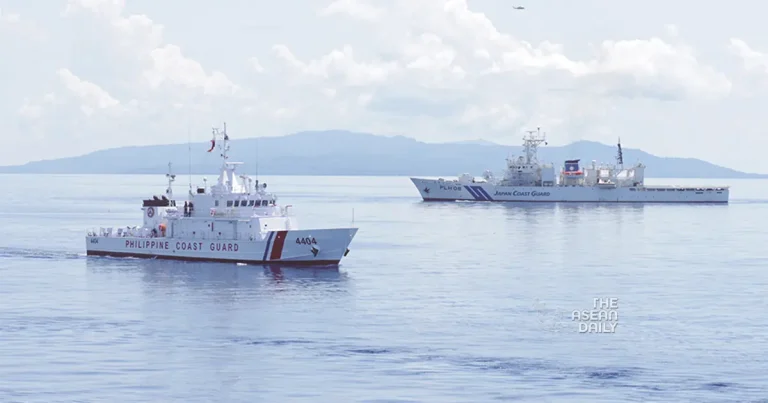31-3-2024 (MANILA) Japan and the United States are poised to strengthen their security alliance by forging closer ties with Britain, Australia, and the Philippines, in an effort to counter China’s assertive military stance, according to government sources. The five nations will enhance joint military exercises in the Indo-Pacific region and foster collaboration on defensive technologies, as per the sources.
This new security partnership is expected to be formalized during a meeting between Japanese Prime Minister Fumio Kishida and US President Joe Biden on April 10 in Washington. It will be outlined in a joint statement issued following the summit.
Japan is seeking to establish stronger security bonds with the three US allies in order to effectively respond to China’s escalating military activities in the Indo-Pacific region. However, there is a concern that hastily reinforcing this military alliance could provoke China, leading to regional divisions and instability.
In recent years, Britain has increased its involvement in the Indo-Pacific region and has plans to deploy a carrier strike group to the area by 2025. Furthermore, discussions are expected between Japan, the United States, and Britain regarding joint military exercises near the Sea of Japan.
In relation to Australia, Japan and the United States are scheduled to address strategies for improving interoperability and the seamless transfer of defensive technologies during their bilateral meeting.
Prime Minister Kishida and President Biden are also anticipated to discuss Japan’s collaboration with the AUKUS security partnership, particularly in the areas of antisubmarine warfare and robotics.
During the visit to Washington, Kishida, Biden, and Philippine President Ferdinand Marcos Jr. will convene a trilateral summit to further enhance cooperation on maritime security. They are also expected to explore opportunities for expanding joint military exercises, as well as discussing Japan’s defense assistance to the Philippines.
Kishida’s visit to the United States carries the distinction of being a state guest, making it the first such visit by a Japanese leader since Prime Minister Shinzo Abe’s trip in 2015.




